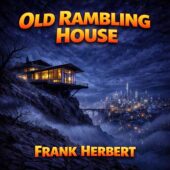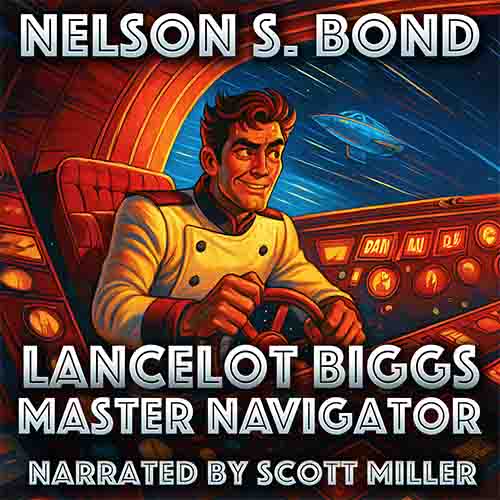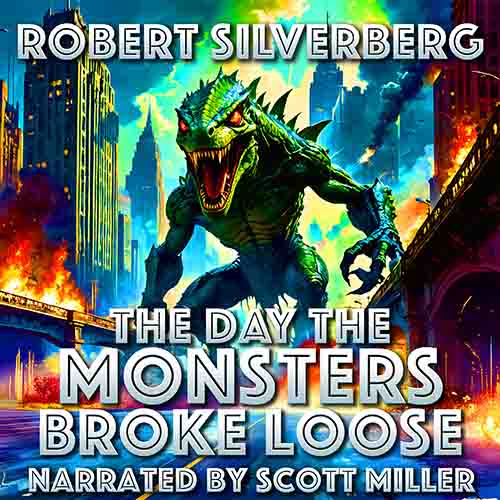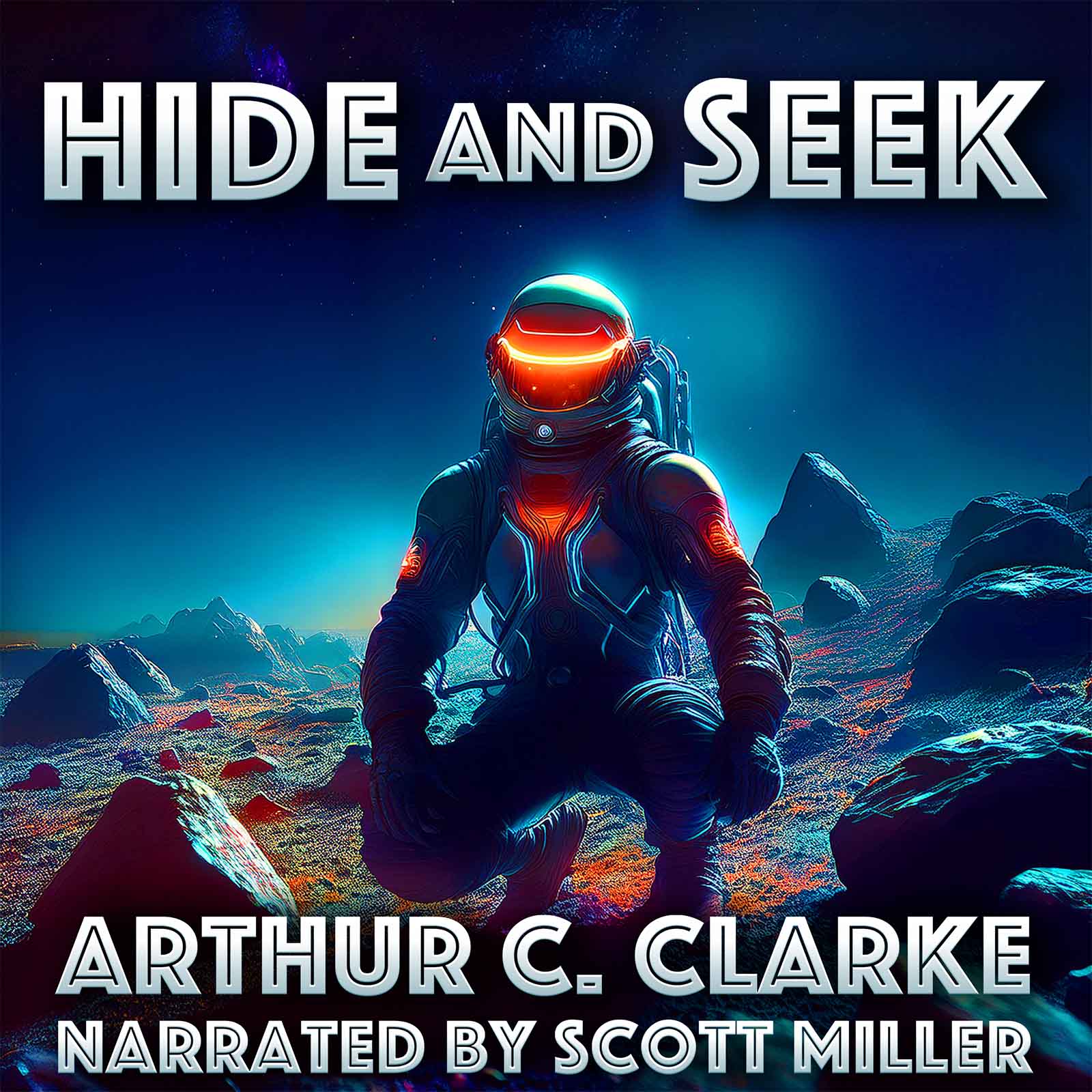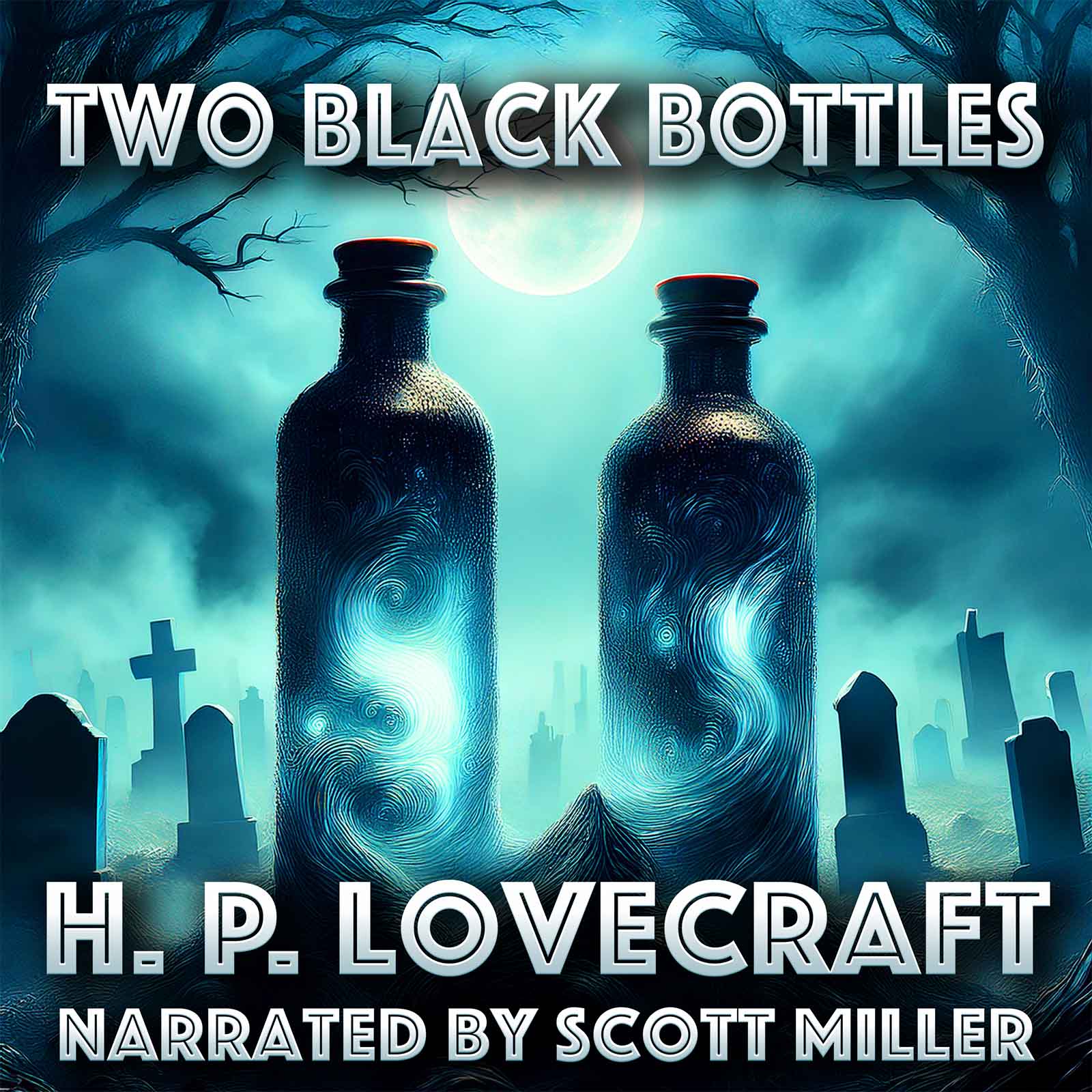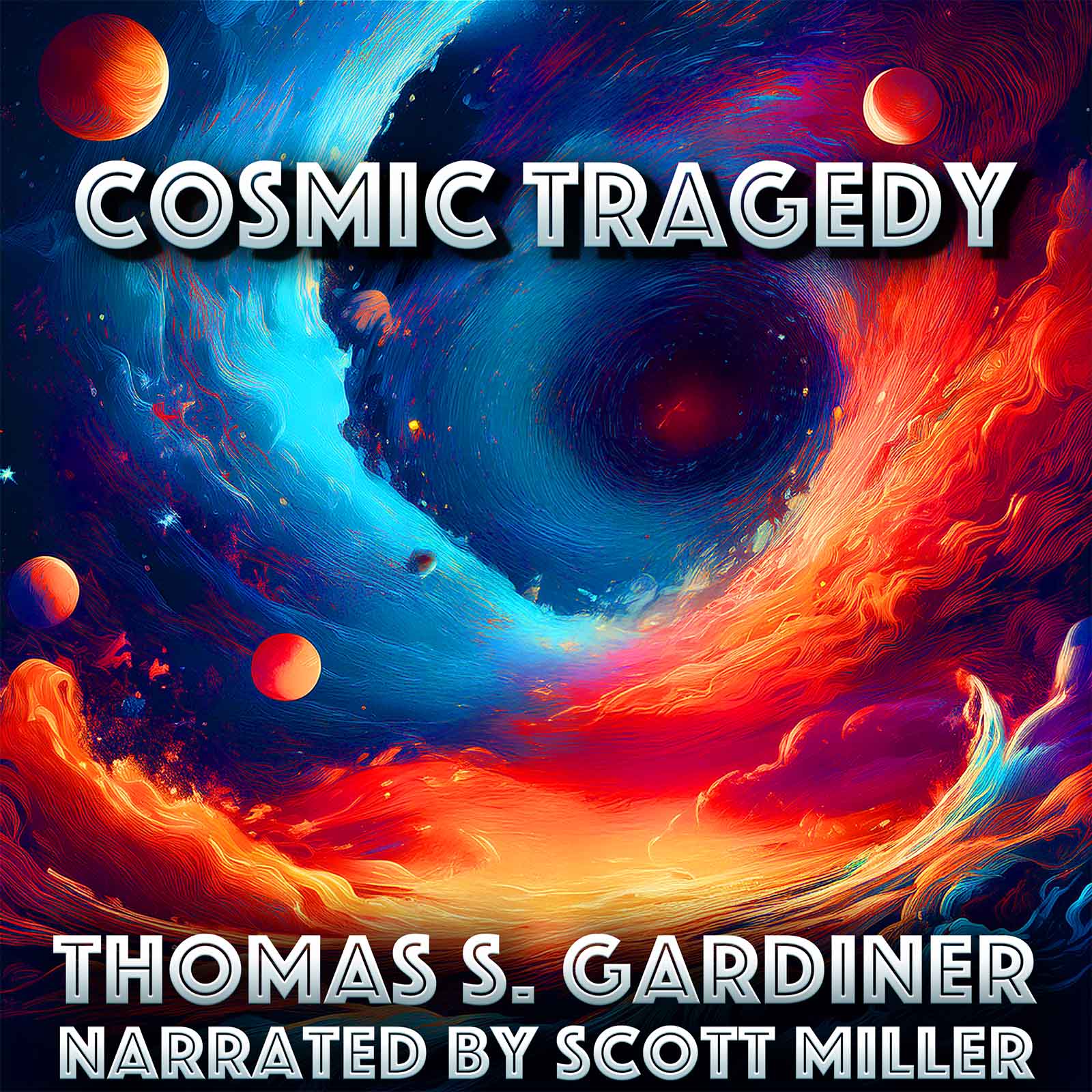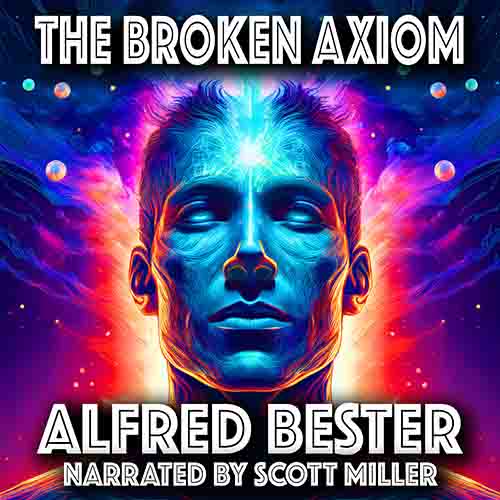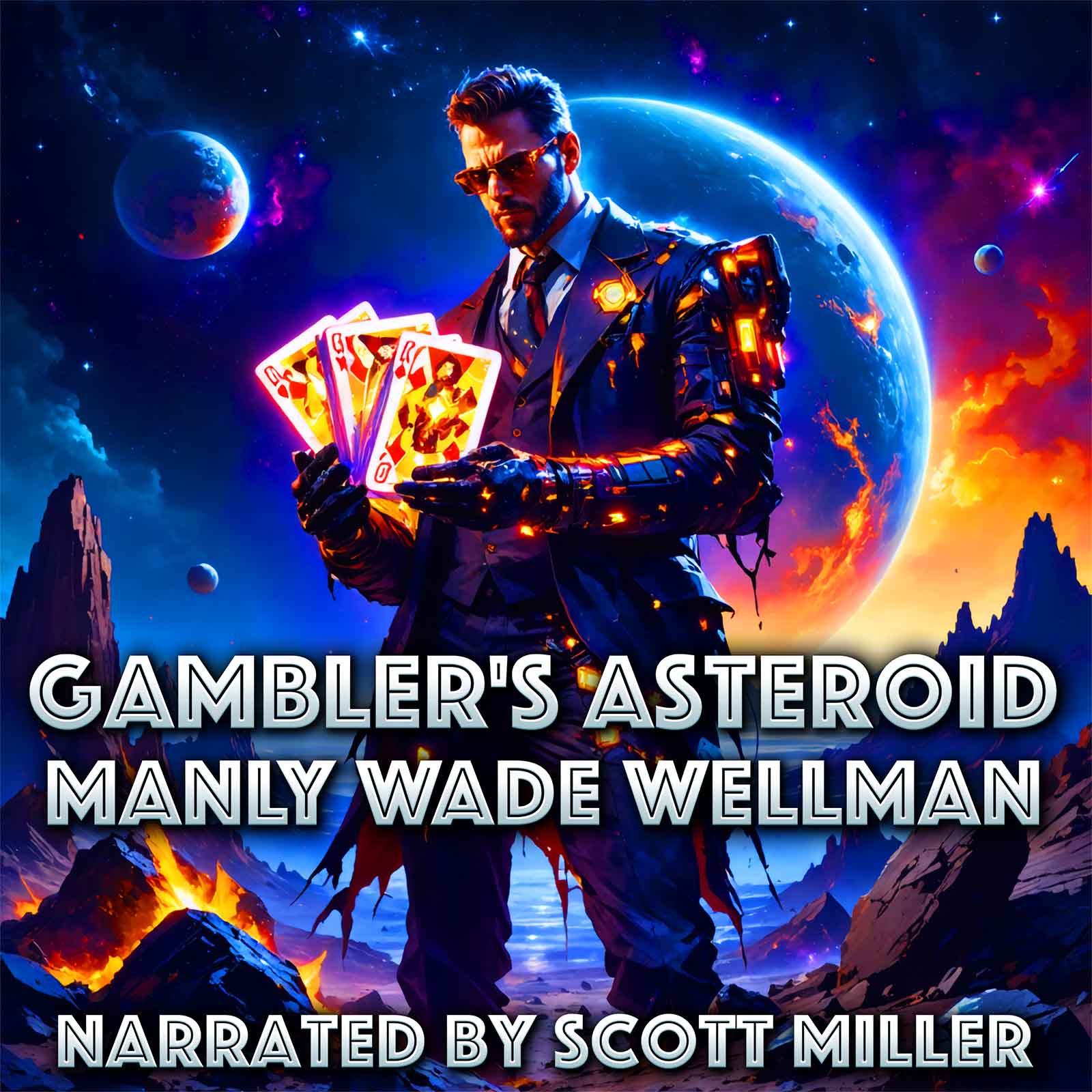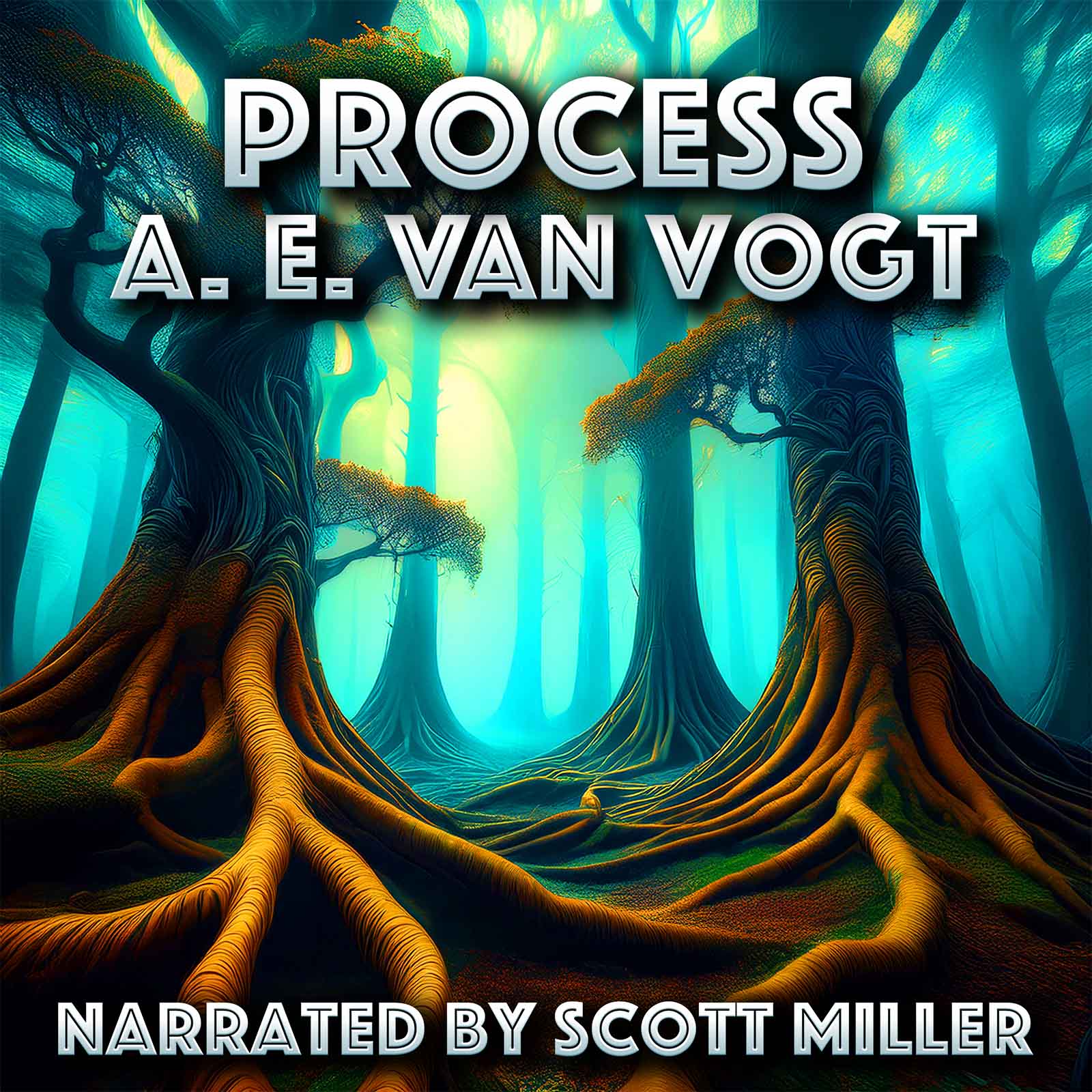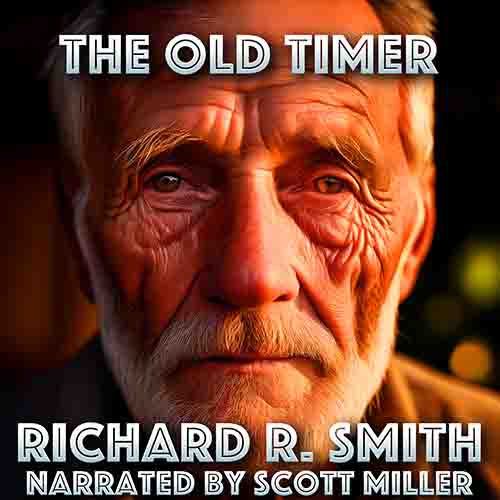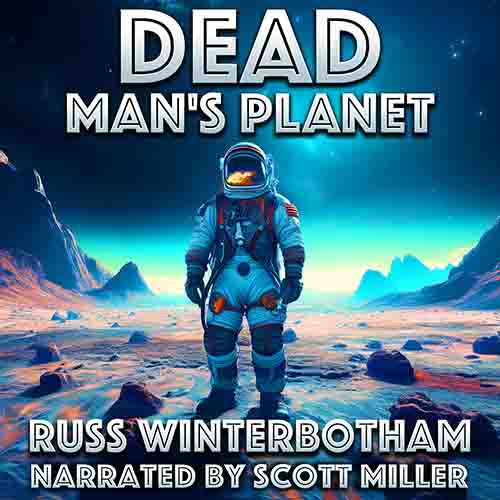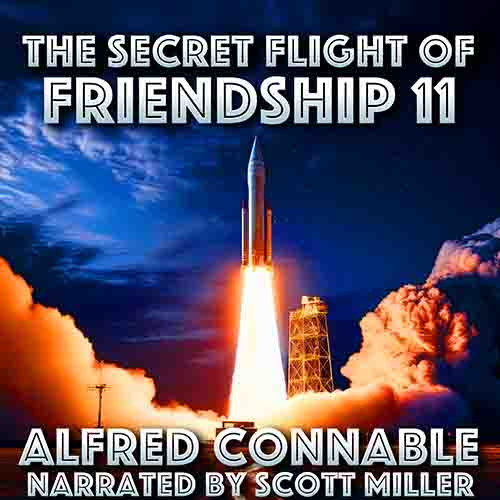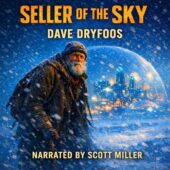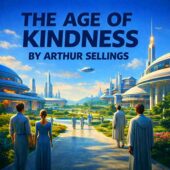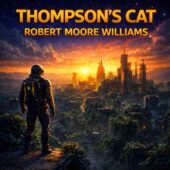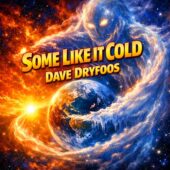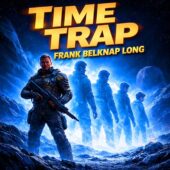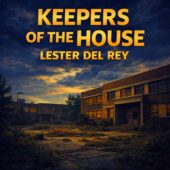Frank Herbert
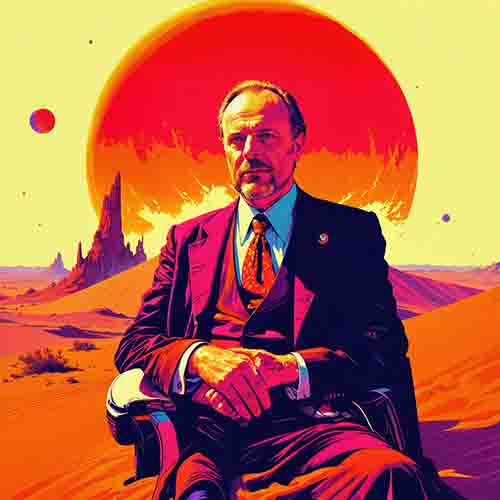
Biography
Frank Herbert (1920–1986) was an American science fiction author best known for his monumental novel Dune (1965) and its sequels, which revolutionized the genre and remain some of the most influential works in science fiction history. A journalist, photographer, ecological thinker, and political commentator as well as a novelist, Herbert built richly layered narratives that explored themes of power, ecology, religion, and human evolution. While Dune became his masterpiece, Herbert’s career was long and varied, beginning with short stories that revealed his interest in human adaptability and the dangers of unchecked ambition.
Born in Tacoma, Washington, Herbert grew up during the Great Depression. His restless spirit and hunger for knowledge led him into journalism, where he honed his skills as a writer and observer of politics, science, and society. He served briefly in the U.S. Navy during World War II before resuming a career in newspapers and magazines. This journalistic background influenced his fiction—his prose carried a reporter’s precision, and his world-building was grounded in research and real-world dynamics.
Herbert’s first published science fiction story, “Looking for Something” (1952), appeared in Startling Stories. Over the next decade, he contributed short fiction to magazines such as Astounding Science Fiction, Amazing Stories, Galaxy, and Fantastic Universe. These stories explored ideas ranging from alien contact to social satire, often with ironic or unsettling twists. Among them is “Old Rambling House” (1958), published in Galaxy Science Fiction. In this brief but memorable tale, a couple accepts a trade for their modest home, only to discover they’ve been tricked into emigrating off-world as part of an alien scheme. The story’s irony and commentary on consumer culture exemplify Herbert’s sharp eye for the perils of desire, choice, and exploitation. Though a minor work compared to his later epics, “Old Rambling House” demonstrates his early talent for combining everyday concerns with cosmic consequences.
During the 1950s and early 1960s, Herbert continued to refine his craft in short fiction while working as a speechwriter, photographer, and newspaper editor. His deepening interests in ecology, anthropology, and systems theory began to shape his writing. These influences culminated in Dune, serialized in Analog in 1963–64 before its publication as a novel in 1965. Drawing on studies of desert ecology, Middle Eastern politics, and human psychology, Herbert created a sprawling story of noble houses, interstellar empires, and the desert planet Arrakis, home to the spice mélange. The book won both the Hugo and Nebula Awards and quickly became a phenomenon, praised for its depth, complexity, and originality.
Herbert went on to expand the Dune saga into a six-volume series: Dune Messiah (1969), Children of Dune (1976), God Emperor of Dune (1981), Heretics of Dune (1984), and Chapterhouse: Dune (1985). Each sequel pushed the story further into explorations of power, transformation, and the destiny of humanity. The series, both philosophical and political, remains one of the most ambitious projects in speculative fiction.
Outside of Dune, Herbert wrote numerous other novels and collaborations. Works like The Dosadi Experiment (1977), Destination: Void (1965), The White Plague (1982), and his collaborations with Bill Ransom (The Jesus Incident, The Lazarus Effect, The Ascension Factor) demonstrated his interest in biotechnology, societal control, and the limits of human adaptability. His nonfiction and essays reflected his concern with ecology and systems thinking—ideas that also permeated his fiction.
Herbert’s career was not without struggles. For years he supported his family through journalism and other jobs while writing in his spare time. Only after the success of Dune did he gain financial stability. His later life was marked by fame and influence, as well as personal challenges, including the illness and death of his wife, Beverly, in 1984.
He died in 1986 following surgery for pancreatic cancer, leaving behind not only the Dune saga but also a broad body of novels and short fiction that continue to be studied and celebrated.
Legacy: Frank Herbert is remembered as one of the most important science fiction authors of the 20th century. Dune remains the best-selling science fiction novel of all time, inspiring films, television series, games, and an enduring fan base. His exploration of ecology, politics, and human potential elevated science fiction into literature of global importance. At the same time, stories like “Old Rambling House” remind us of his roots in the magazine era, where his sharp wit and ironic twists marked him as a writer of imagination and insight even before he changed the field with Dune.
Herbert’s legacy lies in the fusion of speculative imagination with deep inquiry into humanity’s relationship with environment, power, and destiny. From the small ironies of his short stories to the vast canvases of his novels, Frank Herbert showed that science fiction could be as profound and layered as any literature, offering both cautionary tales and visions of possibility.
